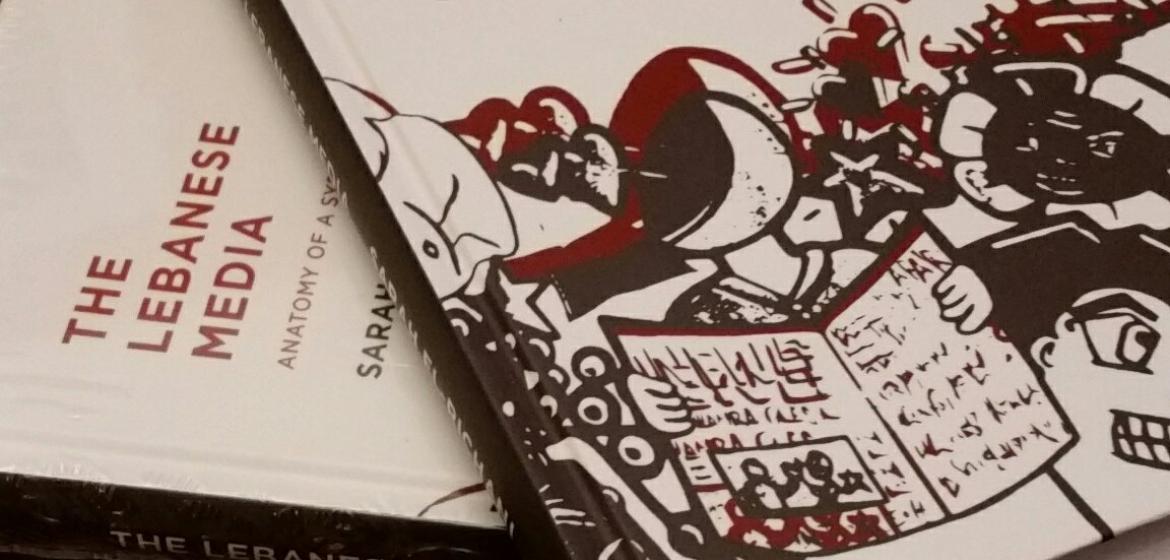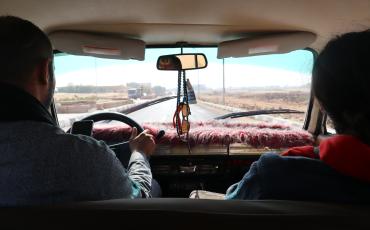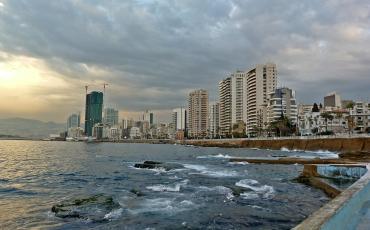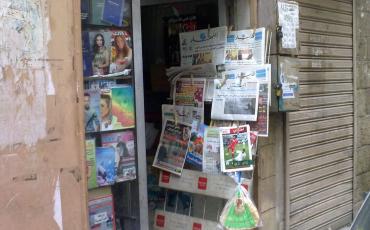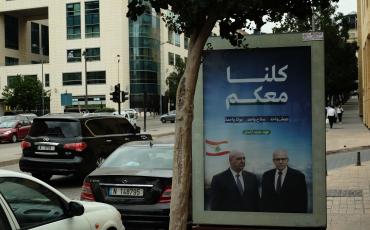What is the impact on a society, when there is plenty of media, but almost all of it is controlled by political donors? Alsharq cordially invites you all to a discussion with Dr. Sarah el-Richani, author of “The Lebanese Media. Anatomy of a System in Perpetual Crisis”.
“Pity the nation divided into fragments, each fragment deeming itself a nation”, said Lebanese poet Khalil Gibran about 80 years ago. A statement undoubtedly fitting to Lebanon today. The country is divided on many levels and therefore in constant crisis mode. This once again became evident in early November when Prime Minister Saad Hariri suddenly resigned for ambiguous reasons. Fears of civil strife have returned to Lebanon following a brief period of hope after the formation of a national unity government.
The Lebanese media are often accused of further dividing the society. The Lebanese media system, famous for its wide spectrum of opinions and political ideologies is a unique case: Although the audience is extremely small, there is a huge number of outlets: Eight TV stations, even more radio stations and an unknown number of newspapers – all combating for only four Million Lebanese inhabitants. Since there are too many outlets for too few people, newspapers and TV stations can’t survive independently. The solution: political donors who use the outlets as their mouthpieces rendering the media system not only very pluralistic, but also highly politicized.
This “System of Perpetual Crisis” is the subject of Dr. Sarah el-Richani’s book “The Lebanese Media – Anatomy of a System in Perpetual Crisis”. (Palgrave Macmillan 2016). We are happy to discuss with her the Lebanese Media system and its impact on society.
Date: November 21st, 7.30 pm Venue: B-Lage, Mareschstr. 1, 12055 Berlin Among others, we will discuss the following questions:
- What are the effects on society when the media depends on politicians and their agendas, and how does it impact politics?
- What is the effect on journalists and the freedom of press in such a system?
- What are alternative media sources for the Lebanese public – which role do bloggers and social media activists play?
Bodo Straub (Alsharq e.V.) whose Master Thesis dealt with Lebanese media will moderate the event (read here a summary of his thesis in German). Please sign up for the event by sending an e-mail to [email protected].

